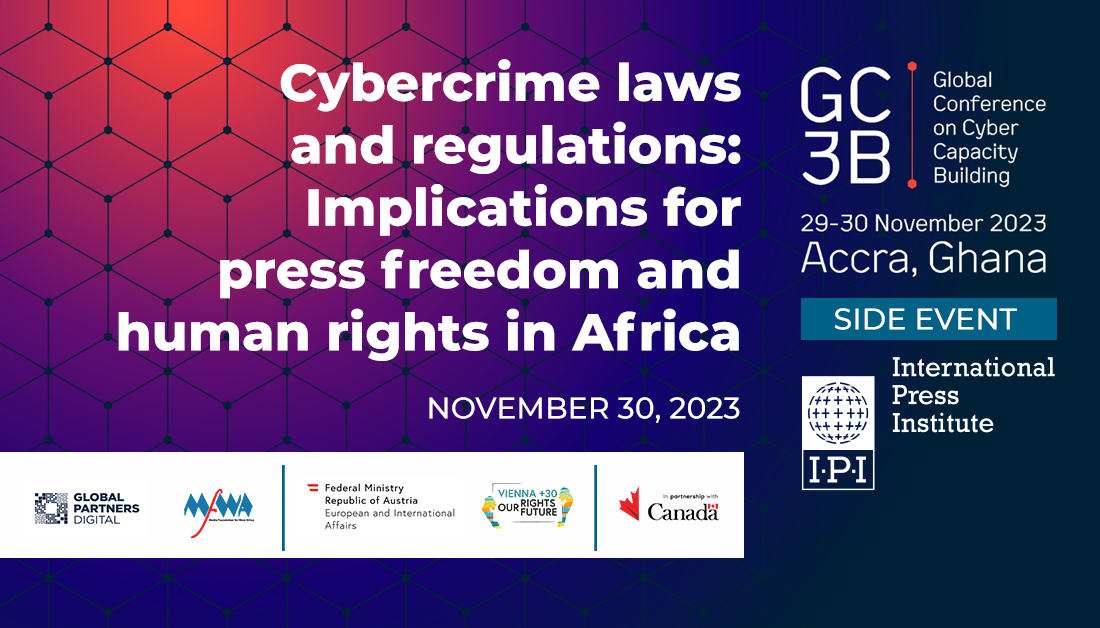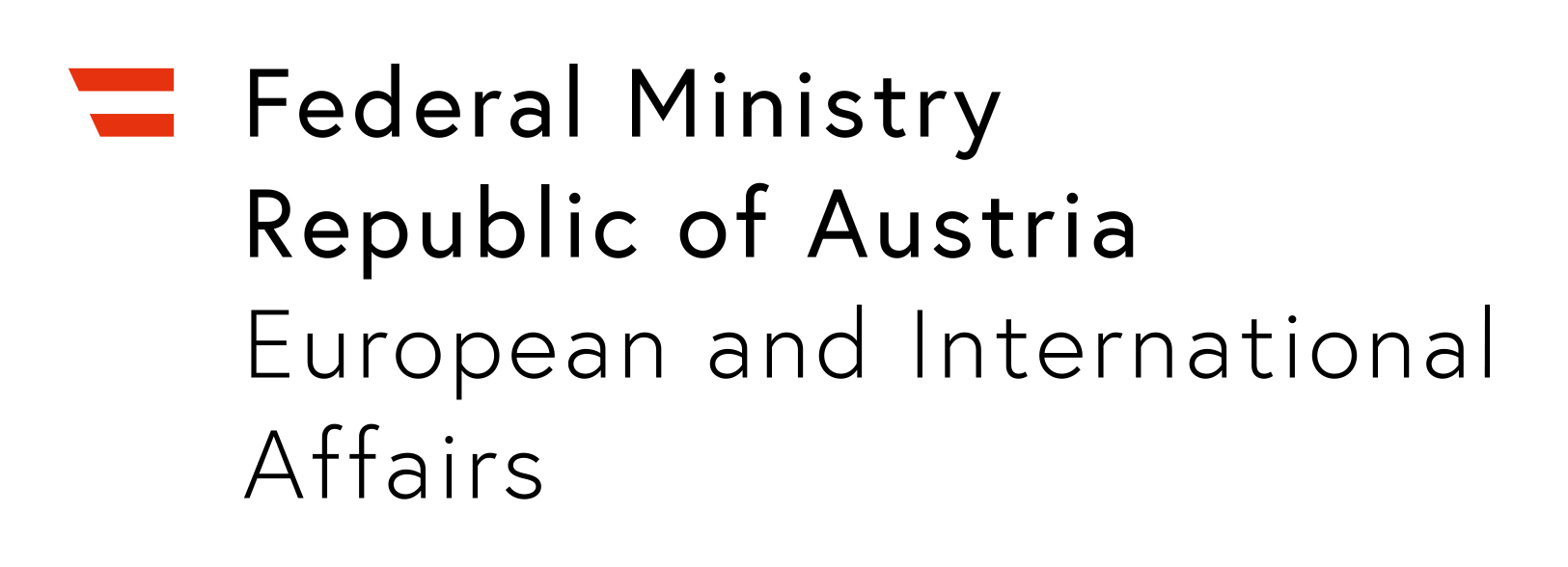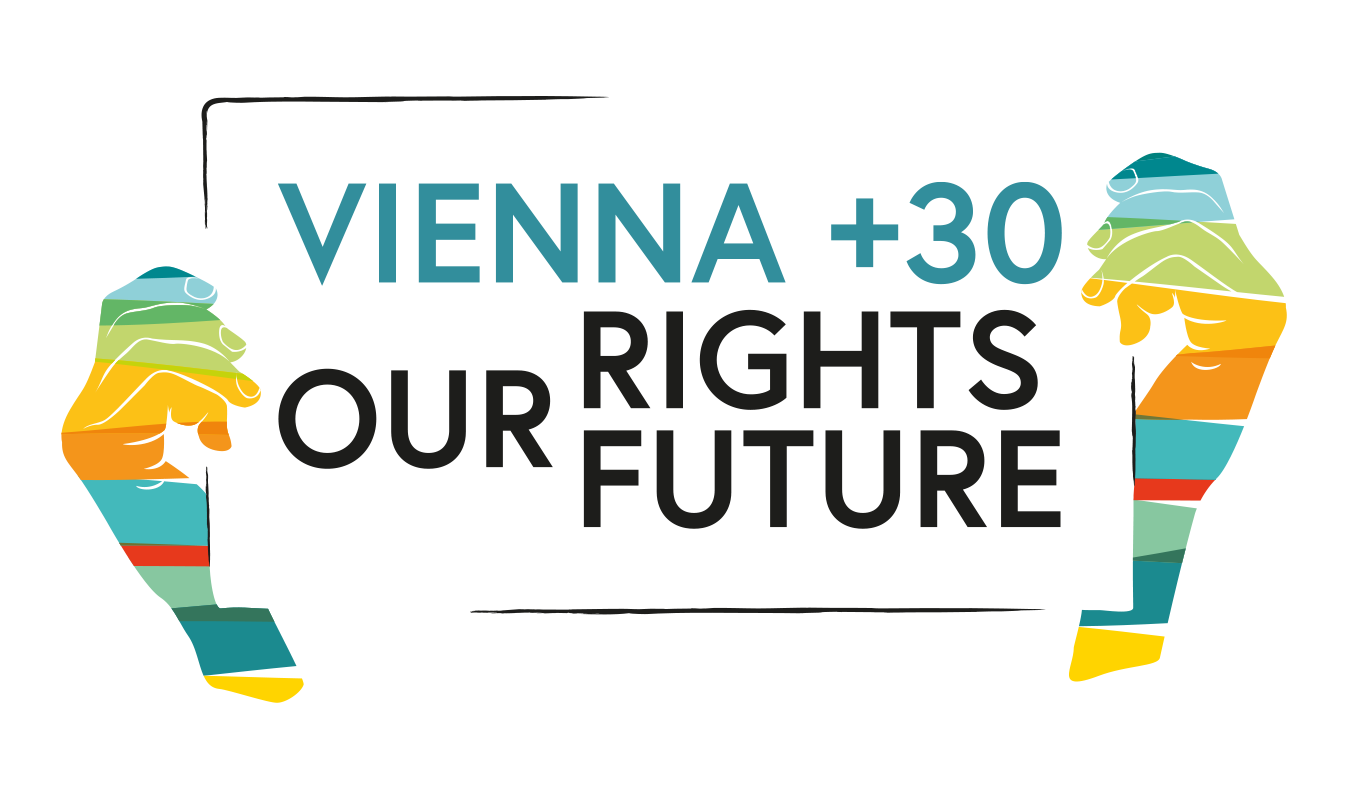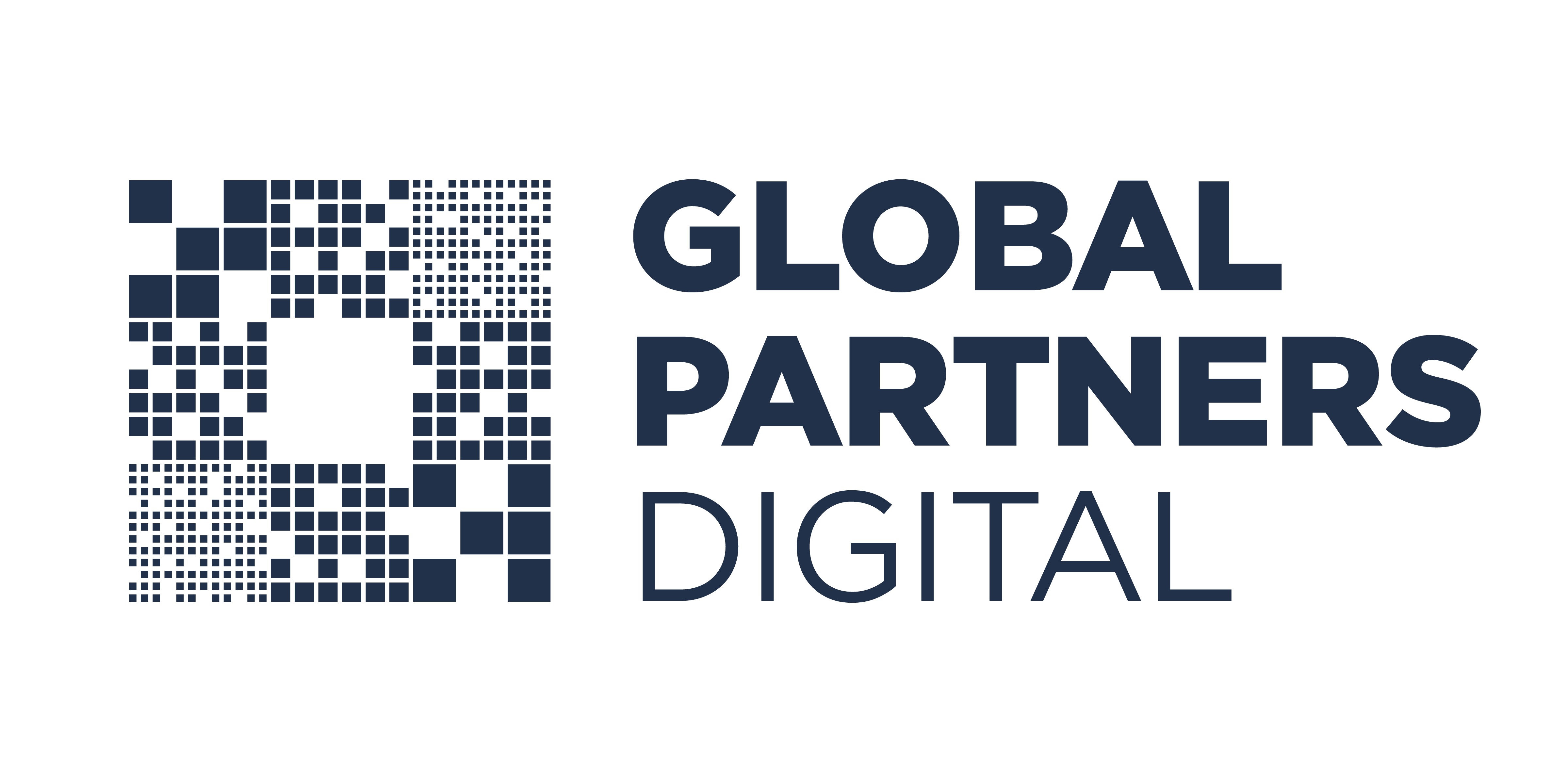
Although freedom of expression and media freedom are guaranteed in the African Charter, many governments across Africa are introducing laws and practices that curtail or undermine these rights. This includes the introduction of cybercrime laws, which lawmakers often present as a necessary response to a surge in disinformation, hate speech, and other types of harmful content online.
However, these laws have also emerged – both globally and in Africa – as a new weapon to suppress dissent and stifle media freedom. In Mali, Nigeria, and Niger, for example, these laws have been relied upon to target journalists. In southern Africa, reports have highlighted the troubling implications of these laws for fundamental rights.
At the same time, discussions are underway on a U.N. cybercrime treaty, which would be the first global legal framework for international cooperation in investigating cybercrimes. Unfortunately, in its current form, the treaty’s wide scope and lack of human rights safeguards risk it becoming yet another legal instrument to punish and muzzle the press as well as creating a global surveillance dragnet.
While it is important to have laws in place to protect people from cybercrime, such as online fraud and attacks on digital infrastructure, these laws must not infringe on rights to freedom of expression, media freedom, and the right to privacy.
It is against this background that IPI, in collaboration with Global Partners Digital and the Media Foundation for West Africa, will host an expert panel discussion on balancing the needs of digital and internet regulation, including cybercrime laws, and media freedom in Africa. This session will also explore opportunities for collaboration and coordination within the region. The discussion will take place on November 30 in Accra, Ghana, as a side event to the Global Conference on Cyber Capacity Building.
The expert discussion will address these and other questions:
- What risks do cybercrime laws and new internet regulations pose to fundamental rights in Africa?
- What are the challenges of balancing cybercrime laws and digital regulation on the one hand and media freedom and freedom of expression as fundamental human rights on the other?
- What are some best practices for developing and implementing laws and regulations on the digital space that protect and respect fundamental rights?
- What role can governments, the media, and civil society play in striking the correct balance?
- What are the principles highlighted in the Malabo Convention that can be relied on to influence legal reform?
- How would the planned U.N. cybercrime convention affect media freedom and other fundamental rights in Africa?
- How can African NGOs engage in UN processes in general and specifically also the discussions around the U.N. cybercrime Convention to ensure that this treaty respects fundamental rights?
The expert panel discussion “Cybercrime laws and regulations: Implications for press freedom and human rights in Africa” is being organized with support to IPI from the Austrian Federal Ministry for International and European Affairs.
Supported by:
In collaboration with:
IPI’s wider Africa program work is supported by the Government of Canada’s Office of Human Rights, Freedoms and Inclusion (OHRFI).





